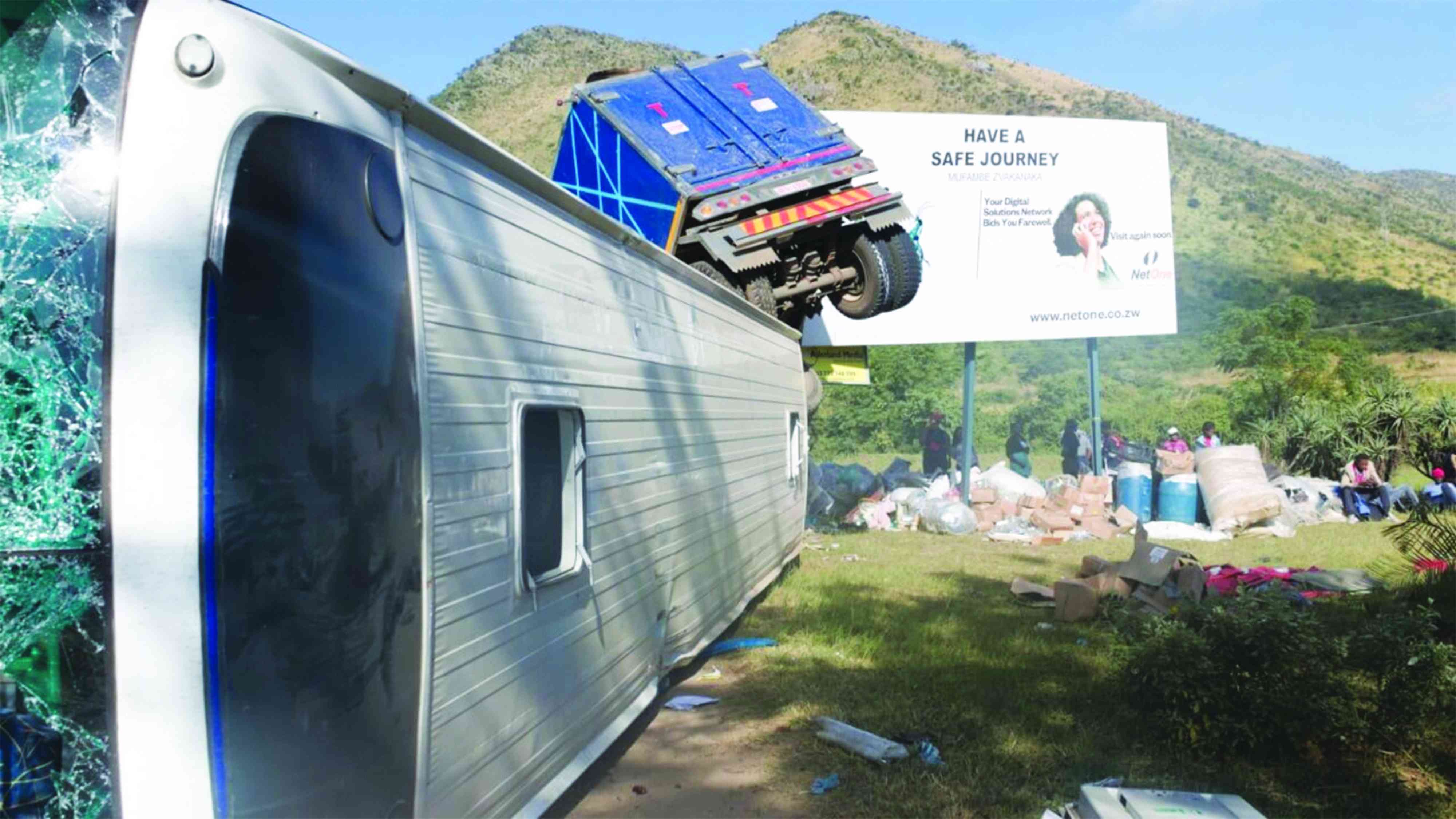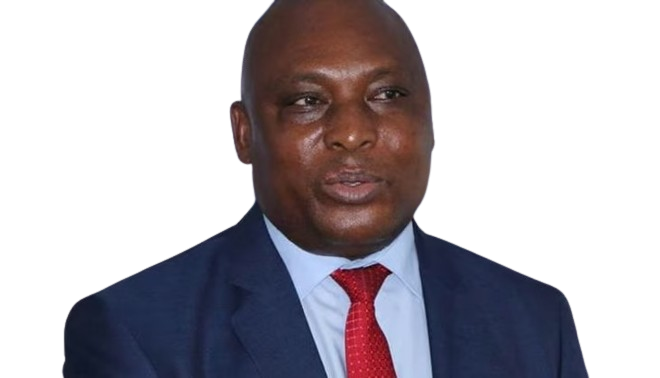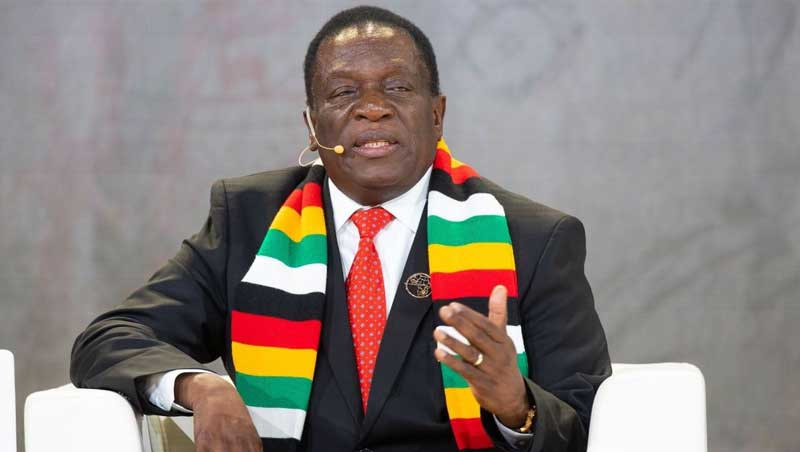
I TRULY believe the future of our country Zimbabwe depends on how we imagine it through a new transformational consciousness.
Zimbabwe can be a great nation indeed once it unleashes itself onto a different trajectory unhindered by the clutches of a history of oppression, arrested development and fear. The archaic paradigm of victimhood which accepts that we as Zimbabweans are incapable of creating our own prosperity and cannot create self-sustaining economy, despite the fact that we have all the necessary knowledge base spread all over the world and the necessary resources to do so, must surely be rejected by those of us who dare to imagine a new and prosperous Zimbabwe.
“Zimbabwe has been stagnant at the philosophical, the genesis and the creative level; and is stuck with an old paradigm with old philosophies which were not designed to prosper it. This has become the ultimate Zimbabwean nemesis,” says Hannington Mubaiwa, senior partner at Stravena, a development consulting company based in the United States of America.
“Zimbabweans must realise that unless and until we crash the old and re-entrepreneur, (thinking of the next great possibilities), re-engineer, be creative and rebrand ourselves, we cannot innovate our market value on the global free enterprise market place to tap into capital. This capital is not from governments, but in the free market,” he says.
We must now create a paradigm which says that our country, Zimbabwe, has all it requires to become a prosperous nation. It is time for the re-awakening of our self-belief. We must also believe that we can shape a self-sustaining inclusive economy with full employment without too much reliance on aid to determine what we can become.
In order to do that, we must look at other nations that have come out of worse conditions than our country is in. We can build a formidable economy if we choose to learn from other countries and acknowledge and emulate what they did right. We can no longer give the responsibility of creating the Zimbabwe we want to other nations.
The first step we must take is to build a compelling and inclusive national vision of a better future which must be led by rapid industrialisation and urbanisation. We must no longer think primary product, but must think of manufacturing things and value adding in all sectors as we seek to retain value in our country so that we can create higher income jobs.
We must think of industrial hubs underpinned by free enterprise and economic freedom. We must think of servicing Africa as our primary market. We must think of regional integration in our infrastructure, information communication technology and energy sectors. These are the conversations which are now necessary.
- Chamisa under fire over US$120K donation
- Mavhunga puts DeMbare into Chibuku quarterfinals
- Pension funds bet on Cabora Bassa oilfields
- Councils defy govt fire tender directive
Keep Reading
In my opinion, for Zimbabwe to truly grow to its full potential it only takes us to change our attitude that government is the driver of growth. It is a facilitator. Our rapid growth has to be driven by businessmen and women, entrepreneurs, technicians, innovators and dreamers.
We have to target the growing African middle class with high end products and not only expect these to be imports from Asia. This requires that our investment policies be inward looking as we grow a local vibrant business sector fuelled by our own savings.
Entrepreneurship, innovation and risk taking with new ways of creating access to capital are, therefore, key.
The questions we must answer are: How can we define a better future together and agree on what it will look like? How can we move towards that future now?
In my opinion, we must adopt the key principles that have led to the emergence of successful economies throughout history. These include continuous leadership renewal and accountability; meritocracy in both public and private sectors, rule of law and protection of private property; institutional renewal and delivery; economic freedom and inclusivity; agriculture and industrial revival, human capital preservation and development; effective and efficient resource management; infrastructure rehabilitation and development; the promotion of domestic direct investment; and lastly citizen empowerment, food security and poverty alleviation.











